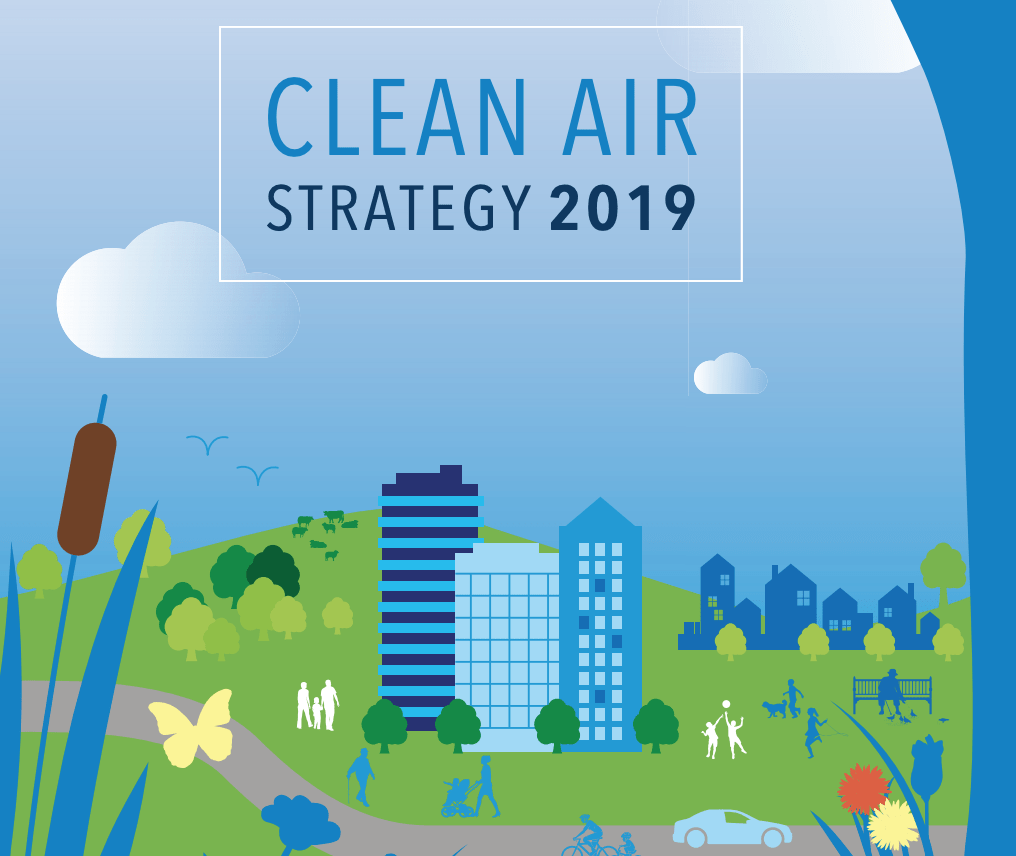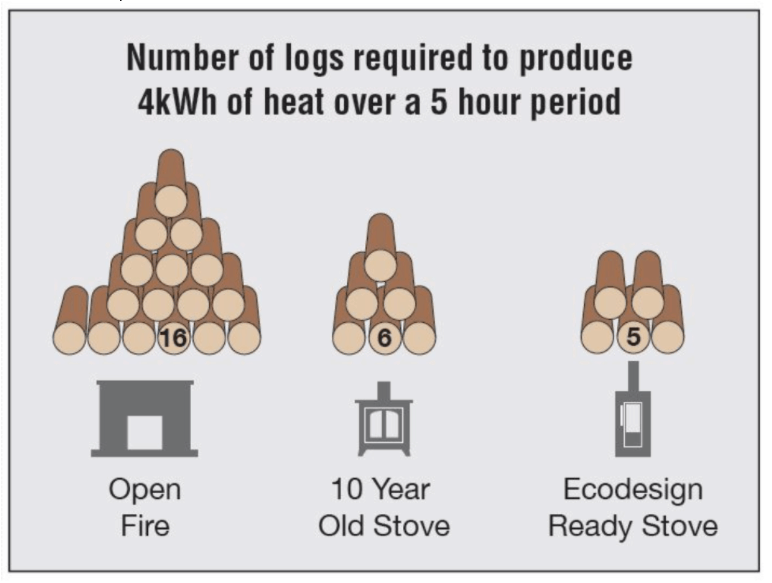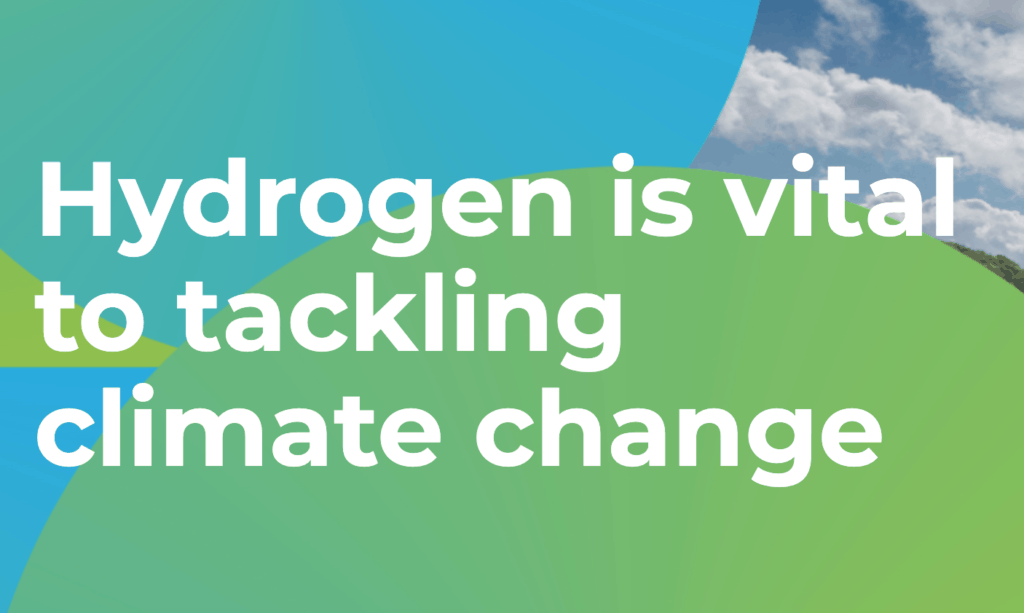Clean air strategies are a high priority for the government. Despite the impact of covid, which has diverted their attention somewhat, the pressing urgency for cleaner air is still there and still needs addressing.

Air Quality Strategies & The Environment Bill
The Clean Air strategy was initially launched back in 2019.
This strategy sets out comprehensive actions required across all parts of government and society to improve air quality.
The strategy sets out how the government will:
- protect the nation’s health
- protect the environment
- secure clean growth and innovation
- reduce emissions from transport, homes, farming and industry
- monitor progress
With regards to heating and burning of wood, this Clean Air Strategy looks to focus on and develop the following points:
.
- legislate to prohibit the sale of the most polluting fuels
- ensure that only the cleanest stoves are available for sale by 2022
- make changes to existing smoke control legislation to make it easier to enforce
- give new powers to local authorities to take action in areas of high pollution
- develop a dedicated communication campaign targeted at domestic burners, to improve awareness of the environmental and public health impacts of burning
The Environment Bill
The Environment Bil 2020 includes details on:
- creating a new governance framework for the environment
- a new direction for resources and waste management
- improving air quality
- securing our water services
- enhancing our green spaces
- updating laws on chemicals (REACH)
The bill progress has been slow with various hold-ups being reported, which in the current situation is understandable. However, it is progressing and developments are taking place.
5 Environmental Principles of the Environment Bill:
To help the government commit to building a greener future, these 5 principles have been introduced as a legally binding statement:
- The ‘integration principle’ states that policy-makers should look for opportunities to embed environmental protection in other fields of policy;
- The ‘prevention principle’ means that government policy should aim to prevent, reduce or mitigate harm;
- The ‘rectification at source principle’ means that if damage to the environment cannot be prevented it should be tackled at its origin;
- The ‘polluter pays principle’ says those who cause pollution or damage to the environment should be responsible for mitigation or compensation;
- The ‘precautionary principle’ states that where there are threats of serious or irreversible environmental damage, a lack of scientific certainty shall not be used as a reason for postponing cost-effective measures to prevent environmental degradation.
Next Steps:
The Environment Bill has a long way to go before it reaches Royal Assent. Once a bill has passed all the stages in both Houses of Lords and House of Commons, it’s ready to receive Royal Assent. At this point the Queen officially agrees to make the bill into an Act of Parliament – essentially it becomes law.
Steps Our Industry Are Taking:
There is a lot we are doing to contribute to a greener environment. By investing in greener heating across the UK will help make significant leaps and bounds in tackling climate change, and getting one step closer to Net-Zero.
Burning Wood – all our stoves are Ecodesign Ready. In 2022 it will become law that only stoves, which are Ecodesign Ready will allow to be sold. Our stoves have reached Ecodesign Ready status a number of years ago,

Gas heating – We are already working as part of a government-led consortium to look at offering hydrogen gas fires. Hydrogen as a replacement for natural gas is still in its infancy but is proving to be a clean, green, realistic way to heat the UK across the gas grid.
Electric Heat – Electric is the choice of heating for many new-build homes. The high level of efficiency of electric fires and the fact that around 40% of electricity is already renewable in the UK, certainly puts this fuel source as a sustainable one for the future.








